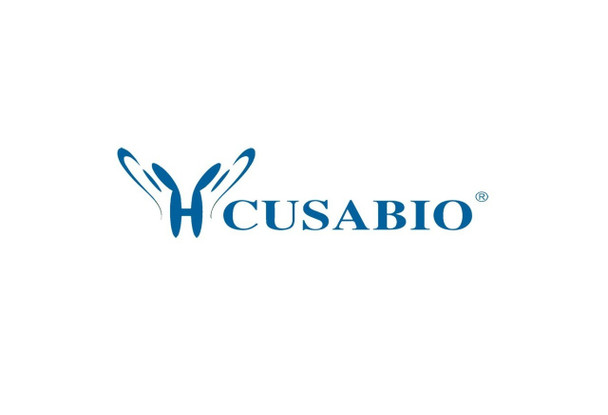Cusabio Polyclonal Antibodies
HDAC4 (Ab-632) Antibody | CSB-PA295507
- SKU:
- CSB-PA295507
- Availability:
- 3 to 7 Working Days
- Size:
- 100ul
Description
HDAC4 (Ab-632) Antibody | CSB-PA295507 | Cusabio
HDAC4 (Ab-632) Antibody is Available at Gentaur Genprice with the fastest delivery.
Online Order Payment is possible or send quotation to info@gentaur.com.
Product Type: Polyclonal Antibody
Target Names: HDAC4
Aliases: HD4; Histone deacetylase 4; KIAA0288;
Background: Responsible for the deacetylation of lysine residues on the N-terminal part of the core histones (H2A, H2B, H3 and H4) . Histone deacetylation gives a tag for epigenetic repression and plays an important role in transcriptional regulation, cell cycle progression and developmental events. Histone deacetylases act via the formation of large multiprotein complexes. Involved in muscle maturation via its interaction with the myocyte enhancer factors such as MEF2A, MEF2C and MEF2D.
Wang AH, et al. (2000) Mol Cell Biol. 20 (18) : 6904-6912.
Grozinger CM, et al. (2000) Proc Natl Acad Sci U S A. 97 (14) : 7835-7840.
Isotype: IgG
Conjugate: Non-conjugated
Clonality: Polyclonal
Uniport ID: P56524
Host Species: Rabbit
Species Reactivity: Human, Mouse, Rat
Immunogen: Synthesized non-phosphopeptide derived from human HDAC4 around the phosphorylation site of serine 632.
Immunogen Species: Human
Applications: ELISA, WB
Tested Applications: ELISA, WB;WB:1:500-1:3000
Purification Method: The antibody was affinity-purified from rabbit antiserum by affinity-chromatography using epitope-specific immunogen.
Dilution Ratio1: ELISA:1:2000-1:10000
Dilution Ratio2: WB:1:500-1:3000
Dilution Ratio3:
Dilution Ratio4:
Dilution Ratio5:
Dilution Ratio6:
Buffer: Rabbit IgG in phosphate buffered saline (without Mg2+ and Ca2+), pH 7.4, 150mM NaCl, 0.02% sodium azide and 50% glycerol.
Form: liquid
Storage: Upon receipt, store at -20°C or -80°C. Avoid repeated freeze.
Initial Research Areas: Epigenetics and Nuclear Signaling
Research Areas: Epigenetics & Nuclear Signaling;Cardiovascular;Stem cells






